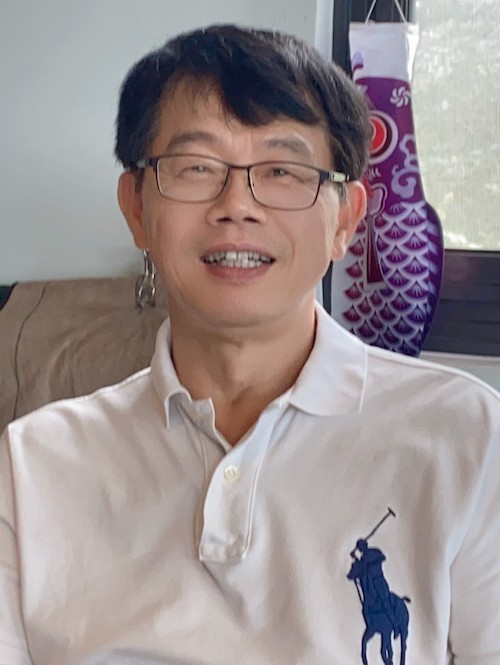
Prof. Cheng-Di Dong
Chair Professor, Department of Marine Environmental Engineering, National Kaohsiung University of Science and TechnologyInternational Honorary Member of American Academy of Environmental Engineering and Science
Speech Title: Urban Port Sediments as Indicators of Aquatic Pollution and Ecological Risk
Abstract: Over 80% of global cargo is transported by sea, making port development vital to international trade and economic growth. However, semi-enclosed harbor environments are vulnerable to contamination from port activities and land-based inputs. Pollutants such as metals, polycyclic aromatic hydrocarbons (PAHs), phthalate esters (PAEs), and alkylphenols (APs) tend to accumulate in sediments, posing ecological risks. This study analyzed the distribution, composition, sources, and ecological risks of metals, PAHs, PAEs, and APs in sediments from seven major commercial ports in Taiwan. Results indicated that different assessment models yielded varying pollution and risk levels. Source apportionment (MLR–APCS) revealed that Cr was influenced by both anthropogenic and geological factors, Mn, Ni, and Co were mainly geogenic, while Cu, Hg, Zn, Cd, and Pb were primarily anthropogenic. PAE concentrations ranged from 129 to 1894 ng/g dw (DEHP 55.1%), APs from <0.2 to 913 ng/g (4-NP 93.2%), with DnBP, DnOP, and 4-NP being key contributors to ecological risk. Total PAH concentrations (8.4–572.5 ng/g) originated mainly from coal combustion (31.5%), vehicular and fossil fuel emissions (23.5%), and biomass burning (45.0%). Based on TEQ-derived indices, outer-port sediments showed low to moderate risk, while inner-port sediments exhibited moderate to high risk. Urban port sediments provide an effective medium for assessing aquatic pollution, reflecting both anthropogenic impacts and potential ecological risks. As sediments serve as both habitats and contaminant sinks, accurate sediment quality evaluation is essential for informed management and sustainable environmental development.
Biography: Prof. Cheng-Di Dong is a Chair Professor in the Department of Marine Environmental Engineering, National Kaohsiung University of Science and Technology (NKUST), Taiwan. Dr. Dong obtained his Ph.D. in Environmental Engineering from the University of Delaware, USA in 1993 and M.S. in Environmental Science from New Jersey Institute of Technology, USA in 1990. Dr. Dong is Dean of the College of Hydrosphere of NKUST. Dr. Dong’s research focuses on waste-to-resources, biotechnology, nanotechnology, novel catalytic materials and biochar for environmental applications. Dr. Dong has published more than 500 research and review articles in leading international journals, 7 book chapters, and edited 6 special issues of scientific journals. His h-index ~66 and more than 17000 citation according to Google Scholar Citation. He has won several scientific awards and grants from renowned academic bodies. Dr. Dong was in the “World’s Top 2% Scientist-Stanford University Releases List (2020, 2021, 2022, 2023)” for Environmental Sciences. He is a Fellow of International Bioprocessing Association. Dr. Dong currently serves as Editor of Sustainable Environment Research, and he is Editorial Board Member of Bioresource Technology. He has also served as Guest Editor of Special Issues in Bioresource Technology, Environmental Pollution, Bioresource Technology Report, Catalysts, and Applied Sciences.
